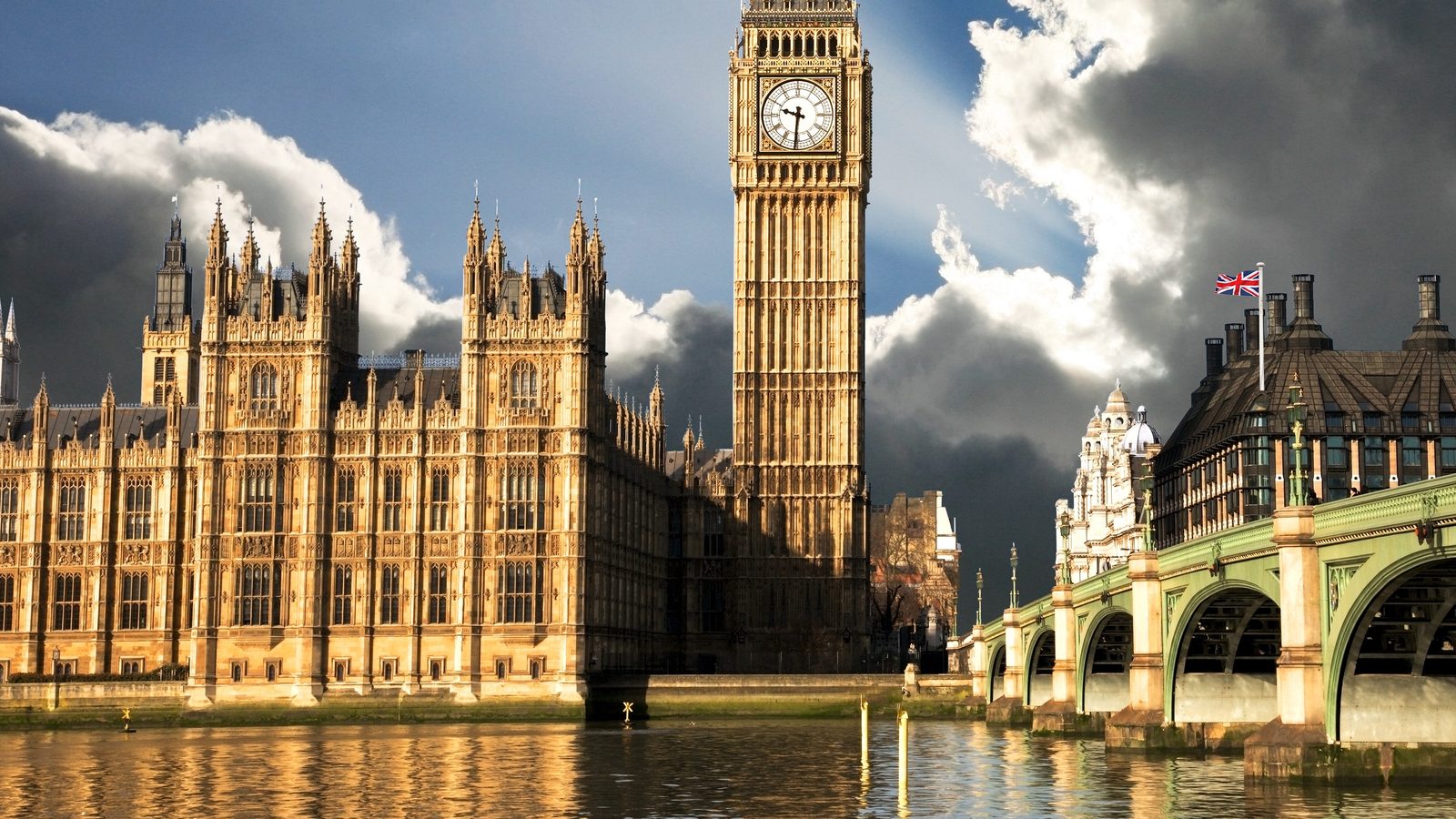Financial markets have started to fret about global growth, as typified by the inversion of bond yield curves over the last few days. We have also seen sterling, normally a pro-cyclical currency, weaken, but there is no doubt that this has been exacerbated in the UK by the realisation that a ‘no-deal’ Brexit is a genuine possibility.
Opposition leader Jeremy Corbyn has written to senior members of the UK Parliament suggesting a vote of ‘no confidence’ in British Prime Minister Boris Johnson, and putting himself forward as interim prime minister while a general election is held. However, with recent opinion polls suggesting that the Labour Party’s popularity has fallen, and with its internal discipline having deteriorated, it does not appear likely that this scenario will play out. Meanwhile, the significant changes made to the cabinet under Boris Johnson and the apparent seriousness of recent ‘no-deal’ planning would indicate that the current government is placing a far greater emphasis on the prospect of a ‘no-deal’ outcome than Theresa May’s previous administration had done. While we would not suggest that that is the government’s preferred outcome, it certainly appears willing to countenance ‘no deal’ as an option.
Majority of one
A series of defections and by-elections have left the government with a working majority of one, which will inevitably necessitate a general election sooner rather than later, with many commentators expecting that to occur before the end of the year. The most significant decision here will be whether the government will be willing to go to the country before the 31October Brexit deadline, or whether it will wait for Brexit to occur before calling an election. If an election is designed to intentionally overlap with the Brexit deadline agreed with the European Union (EU), it would raise a serious constitutional issue for a significant proportion in the House of Commons, because ensuring that the Brexit deadline falls within an election campaigning period would render Parliament impotent to act.
In the meantime, the UK’s economic growth has slowed to a trickle, albeit within the context of a wider global growth slowdown, while sterling has continued to struggle. The situation is unlikely to ameliorate materially until the Brexit conundrum is resolved one way or the other. Furthermore, the impact of Brexit is not confined to the UK: the eurozone will be keen to cushion the blow of the world’s fifth-largest economy exiting the bloc, especially in the context of its own slowing growth and a series of impending elections to appoint new EU leaders over the coming weeks. No incoming leader of an EU institution will relish a ‘no-deal’ Brexit as the first item in his or her inbox. It is this state of affairs that may give the UK government some slender hope that standing firm will yield the desired concessions from the EU, but even if these were forthcoming, it is unlikely that they would appear before the eleventh hour.
Backstop dilemma
At the centre of considerable disagreement around the controversial withdrawal agreement is the much-discussed Irish backstop. Both Irish Prime Minister Leo Varadkar and his deputy Simon Coveney have been vehement in their opposition to any change to this component of the Brexit agreement. However, there is increasing criticism in the Irish media over this position given that, should the backstop position help to precipitate a ‘no-deal’ Brexit, it would be likely to affect the Irish economy as much as the UK’s. It would appear that the Irish government may have found itself in a precarious position of its own, having backed itself into a corner from which it is unable to escape without losing some credibility. An additional complication has arisen in recent days in the US, where Democrat Speaker of the House Nancy Pelosi has expressed her determination to veto the mooted US-UK trade deal proposed by leading figures in Donald Trump’s administration, should there be any compromise around the Good Friday agreement. Some believe that any removal of the backstop would render such a compromise inevitable.
Market implications
The UK Parliament is currently in recess, but set to return on 2 September when the agenda will be dominated from the outset by Brexit. As we have already learned over the three years since the UK referendum, it is impossible to predict any particular outcome; indeed, we should be prepared to expect the unexpected. In this environment we continue to favour UK exposure via global companies that can benefit from weak sterling, and we remain underweight to areas which have UK economic exposure.
This is a financial promotion. These opinions should not be construed as investment or other advice and are subject to change. This material is for information purposes only. This material is for professional investors only. Any reference to a specific security, country or sector should not be construed as a recommendation to buy or sell investments in those countries or sectors. Please note that holdings and positioning are subject to change without notice.






Comments